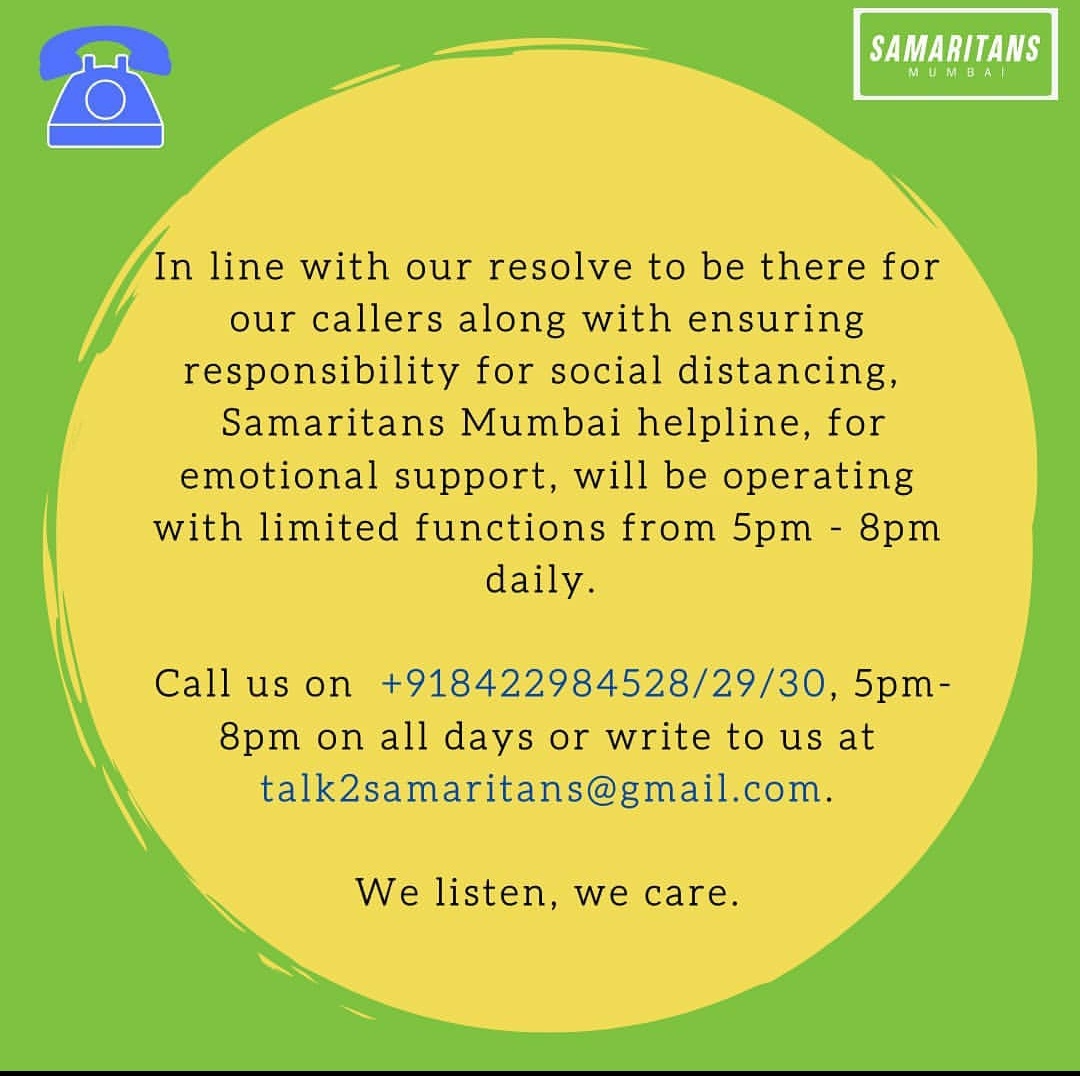Exam Stress: Let the whistle blow.
“I swear on the God of Books, next time I will start a month prior to exam dates” – all of us at some point in life. We have all faced situations where we sit with our books two nights before exams and suddenly become masters in future management of our plans- next exam I will make myself a time table and a routine to stick by or I will party less next semester or I will sit in the first bench and make notes. And this stress isn’t just felt by the procrastinators but also by the top three ranked students in class who feel the pressure of performing.
So what is exam stress?
Well, it can mean pressure to get grade A or the need to just pass. Not every student goes through the same stress as the other. Therefore having a common book for stress management for all isn’t the right solution. Even though the reasons could differ, what one feels under stress can be pooled under the same umbrella. It is a process of constant pressure which turns in worry and then leads to a person feeling anxious and nervous. Some of the common things we feel under exam stress are- I can’t do this anymore, I will let our parents down, I will be left unemployed, my future depends on my grades etc.
This exam pressure can have repercussions which can range from dropping out of college to suicide. Every hour, one student commits suicide in India, according to 2015 data (the latest available) from the National Crime Records Bureau (NCRB). In 2015, the number of student suicides stood at 8,934. In the five years leading to 2015, 39,775 students killed themselves. The number of attempted suicides, many unreported, is likely to be much higher. India has one of the world’s highest suicide rates for youth aged 15 to 29, according to a 2012 Lancet report. Statistics show that student suicides are becoming increasingly common in Kota, Rajasthan, considered the capital of India’s shadow education system. Its many commercial coaching centres, that guarantee success in professional entrance exams, pressure students into striving for unrealistic goals. In a video message recovered after his death last year, Aman Kumar Gupta, a student from Bihar, apologized to his parents for not being able to live up to their expectations. “Everyone at the coaching institute and my friends helped me but I am not been able to do it right,” he said in the 11.14 minute long video clip.
Even outside Kota, the alarm bells have been ringing for years now. Students from regions as diverse as Phagwara, Udupi, Noida, and Mumbai have all taken their lives within these first five months of 2017, due to study-related stress and burden of family expectations. In the most recent case, 24-year-old management student Arjun Bhardwaj, streamed his suicide as a ‘live tutorial’ on Facebook before jumping to his death from a Mumbai hotel. The student’s father reportedly told the police that his son was depressed “due to repeated failure in exams”.
Counsellors have revealed that young people find it difficult to cope with failure in examinations and careers and neither families nor other social institutions offer adequate support or solace for the same. Professional help is difficult to find because India endures an 87% shortage of mental-health professionals. The situation is exacerbated by low public spending on mental health.
Where is the stress budding from?
Inadequate or last minute preparation: This is by far the most common and relative reason that causes exam pressure in a student. If one is under prepared, the ambiguity of the results would cause stress. If any part of the study material is left uncovered, feelings of anxiety is natural. Further, last minute studying also enhances this anxiety factor.
Parental pressure: Often we come across children feeling bogged down due to the pressure of expectations from their immediate family members. There is an unfortunate tendency in some parents to see their children do what they could not. The child is made to understand that they are required to attain good grades or are compared with others. This enhances the exam stress.
Self induced pressure: This refers to the pressure that gets built up in the minds of the child due to their expectations. There is a belief that grows in the minds of the children that they are required to perform well consistently in order to be judged as a good student. This is something that is imbibed in the child since their early childhood. So as the child grows up and prepares for the exams, the kid is under a constant pressure that he needs to maintain his grades and be at his very best at all the exams. Very often they imagine an adverse reaction from their parents or ‘fall of grace’ in the eyes of their teachers and peers and bog himself down with the pressure to perform.
Growing competition: with the sky rocketing cut offs in colleges, it has been a need for a child to perform in order to get entry in a good college. The highest percentage in the past year in the board exams was one less that 100- YES 99%. With this kind of competition, a student is ought to take stress to perform well and stand somewhere in the crowd.
Sole bread earner: not everybody is on the same page when it comes to financial holdings. Students who work part time and are also studying simultaneously fall prey to this stress.
How do we let the whistle blow?
As mentioned before, there cannot be one size that fits all in this situation. The following are techniques one can adopt as per their cause for stress and customize according to their abilities and needs.
Firstly, understand that exams are not the only deciding factor of where one will make or break their future. But also not to make this as an excuse to not give it any importance- not everyone is Bill Gates or a Steve Jobs. Exams are a part of education, but there is no need for one to kill themselves over it.
One of the time management technique making the rounds is the Pomodoro technique where one works in blocks of time, typically 25 minutes long, followed by a 5 minute break. Each Pomodoro session should demand our full attention on one task and every break requires us to step away from your work to rest. The results improve productivity by managing distractions and taking regular breaks.
This is a long shot, but devoting one hour everyday for classroom revisions helps one fear less of the pile of notes they see at the end of the year. Anybody would feel overwhelmed by 10 subjects thrown at you at the end of the semester as compared to 1 chapter read every day.
For parents, stop pushing your unfulfilled dreams onto your child. Understand that medical and engineering aren’t the only two fields in the world. First comprehend your child’s aptitude and then be their support in any situation they need you in. Waking up early with them or staying up late gives the child a lot of moral support.
For students, along with books, have a good diet and adopt some form of exercise for mental stimulation. Meditation, yoga, jogging or even something simple as skipping in the morning. Physical stimulation is said to increase hormones which helps one grasp and retain better.
Students suffer from mental disorders relating to fear of examination. The fear factor is the reason why students suffer from anxiety, depression, and the following consequences. India urgently needs to start prioritising mental health goes without saying: Currently, only 0.06% of our national health budget is dedicated to it, along there is 87% nationwide shortage in mental-health professionals. On ground, this means that a majority of schools, universities, and institutions lack trained staff for counselling students caught on the brink of despair. Of late, the unsettling frequency of suicides has also drawn the attention of administrators and celebrities alike, while even reputed universities are talking of changing their curriculum.
The National Curriculum Framework (NCF), 2005 recommended measures like reduction of curriculum load, emphasis on comprehension and application of knowledge, focus on continuous and comprehensive evaluation, making examinations more flexible, provision of guidance and counselling in schools, and making learning child-centric.
Yashoda Bopanna, director of Karnataka Secondary Education Board (KSEEB), said the District Institute for Educational Training (DIET) has been holding training sessions for teachers to teach stress management to students. Also, every year before the SSLC exams, KSEEB opens its helpline where six counsellors are available to help students, she said.
Such forums and initiatives is the need of the hour. The aim is to firstly eliminate the cause of the fear- failure. One can always sit for a paper gain or get low scores for an exam, but once prey to a mental illness, it is very difficult to pull your child out of that condition. By the end of it, no amount of stress is worth taking to risk your mental being.
- Shreya Lahoty








